Learning disability – how to respond
There are many ways to respond if you suspect or know that your child has a learning disability. This article includes advice on what to do, from obtaining an assessment to seeking classroom accommodations.
Collect information about your child’s performance
Meet with your child’s classroom teacher, learning support teacher, and school support staff (teacher aides) to understand their performance around reading, spelling, reading rate and fluency. Ask about their attitude toward school and get the teacher’s opinion about your child’s mental health relative to learning. At home, observe your child’s ability to study, complete homework, and finish tasks that you assign at home.
Have your child evaluated
Ask the classroom teacher and or learning support teacher (or in some cases guidance officer) if they can perform some standardised tests to gain insight into your child’s reading and spelling age. These are relatively straight forward to administer and do not take very long. Also ask teachers if they can provide a general profile of strengths and weaknesses. This type of evaluation should indicate whether a more comprehensive evaluation is necessary.
A comprehensive evaluation includes a variety of procedures such as:
- collecting developmental and hereditary information
- literacy performance tests
- phonological processing and orthographic processing tests
- medical history
- parent interviews
- direct observation.
Who can test, diagnose and treat
Comprehensive assessments should only be conducted by professionals qualified in the specific area of concern and if possible by professionals who can also provide management and treatment. That way such clinicians can work on a test and retest basis during intervention.
If the difficulty is specifically to do with speech and language then the child should see a speech language pathologist. If the problem has a mental health basis, such as anxiety, then a clinical psychologist should be consulted. If the difficulty has a specific literacy basis then a qualified literacy specialist should be consulted.
Remember you are one of the best observers of your child’s development. It is important that you are an active participant in the evaluation process. If you don’t understand the test results, ask questions!
Know your child’s strengths
Children with learning disabilities usually have at least average intelligence and can have many persisting strengths such as leadership skills. They may also be above average or even superior in music, arts, sports, or other creative areas such as drama and construction. Rather than focusing solely on your child’s difficulties, emphasise and reward your child’s strengths. Encourage your child in areas of interest outside the classroom.
Talk to your child about learning disabilities
Children with learning disabilities must be assured that they are not dumb or lazy. They are intelligent people who have trouble learning because their minds process words or information differently. It is not easy to talk with your child about a disability that you do not fully understand. Be informed. It is important to be honest and optimistic and to explain to your child that while they struggle with learning certain things like reading they nevertheless can still learn and can learn many things very well. Focus on your child’s talents and strengths. Tell them you are confident that with effort and the right help they will be able to meet the challenge and succeed!
Find accommodations that can help
Most accommodations are in the domain of the classroom teacher. Special considerations are very often part and parcel of good teaching practice such as repeating instructions more explicitly. However, other accommodations can be specifically arranged such as reduction or modification of homework, extensions for assignments, changes to classroom routines, reading written information aloud, recording lessons and using technology. The single greatest accommodation that children with dyslexia need is that of more time. Special provisions of various kinds need to arise out of a clear understanding and empathy of the child’s needs.
Tips on how to organise information about your child’s learning disability
Start a folder or dossier of all letters and materials related to your child’s education, including:
- copies of school files and names and dates of all tests and results, including medical exams and information from other professionals
- samples of schoolwork that demonstrate your child’s difficulties, as well as strengths
- a contact log of discussions with professionals
- a log of your own observations.
This information will help you monitor your child’s progress, secure appropriate considerations, find the right professional help and ensure you child thrives.
If you found this article helpful, subscribe to Literacy Foundation for Children News.

